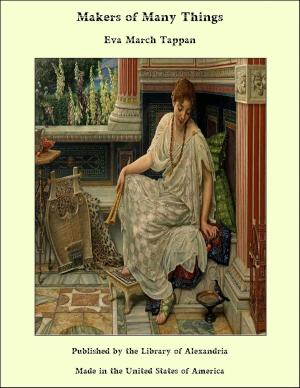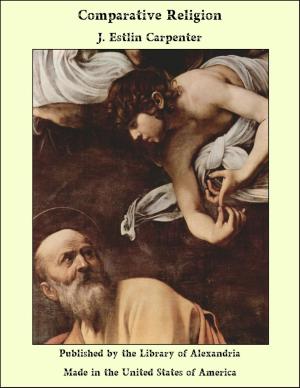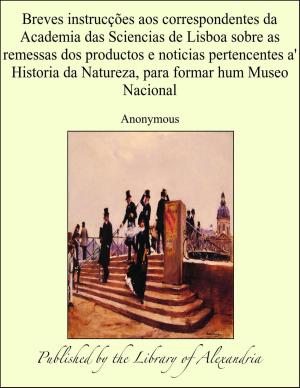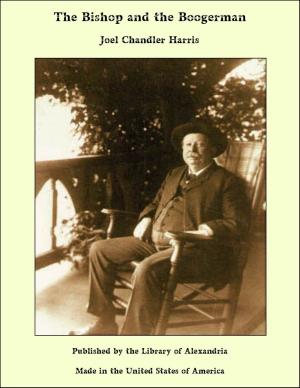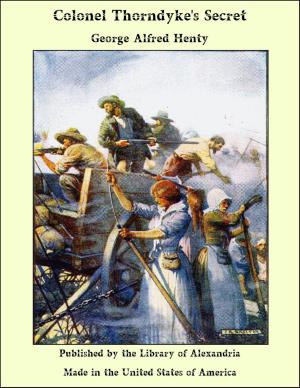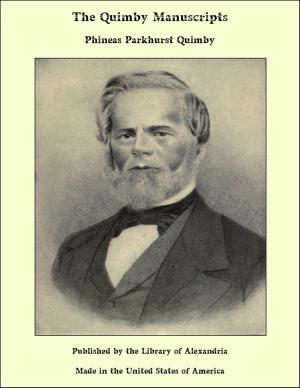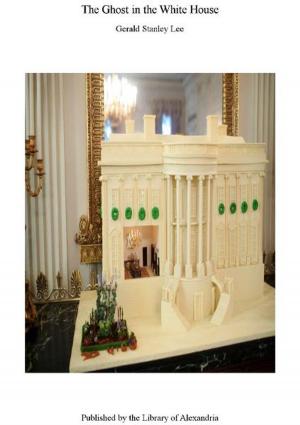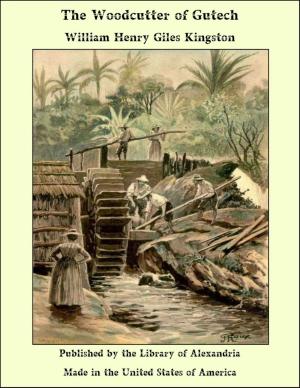A Tale of a Lonely Parish
Nonfiction, Religion & Spirituality, New Age, History, Fiction & Literature| Author: | Francis Marion Crawford | ISBN: | 9781465534699 |
| Publisher: | Library of Alexandria | Publication: | March 8, 2015 |
| Imprint: | Language: | English |
| Author: | Francis Marion Crawford |
| ISBN: | 9781465534699 |
| Publisher: | Library of Alexandria |
| Publication: | March 8, 2015 |
| Imprint: | |
| Language: | English |
The Reverend Augustin Ambrose would gladly have given up taking pupils. He was growing old and his sight was beginning to trouble him; he was very weary of Thucydides, of Homer, of the works of Mr. Todhunter of which the green bindings expressed a hope still unrealised, of conic sections—even of his beloved Horace. He was tired of the stupidities of the dull young men who were sent to him because they could not "keep up", and he had long ceased to be surprised or interested by the remarks of the clever ones who were sent to him because their education had not prepared them for an English University. The dull ones could never be made to understand anything, though Mr. Ambrose generally succeeded in making them remember enough to matriculate, by dint of ceaseless repetition and a system of memoria technica which embraced most things necessary to the salvation of dull youth. The clever ones, on the Other hand, generally lacked altogether the solid foundation of learning; they could construe fluently but did not know a long syllable from a short one; they had vague notions of elemental algebra and no notion at all of arithmetic, but did very well in conic sections; they knew nothing of prosody, but dabbled perpetually in English blank verse; altogether they knew most of those things which they need not have known and they knew none of those things thoroughly which they ought to have known. After twenty years of experience Mr. Ambrose ascertained that it was easier to teach a stupid boy than a clever one, but that he would prefer not to teach at all. Unfortunately the small tithes of a small country parish in Essex did not furnish a sufficient income for his needs.
The Reverend Augustin Ambrose would gladly have given up taking pupils. He was growing old and his sight was beginning to trouble him; he was very weary of Thucydides, of Homer, of the works of Mr. Todhunter of which the green bindings expressed a hope still unrealised, of conic sections—even of his beloved Horace. He was tired of the stupidities of the dull young men who were sent to him because they could not "keep up", and he had long ceased to be surprised or interested by the remarks of the clever ones who were sent to him because their education had not prepared them for an English University. The dull ones could never be made to understand anything, though Mr. Ambrose generally succeeded in making them remember enough to matriculate, by dint of ceaseless repetition and a system of memoria technica which embraced most things necessary to the salvation of dull youth. The clever ones, on the Other hand, generally lacked altogether the solid foundation of learning; they could construe fluently but did not know a long syllable from a short one; they had vague notions of elemental algebra and no notion at all of arithmetic, but did very well in conic sections; they knew nothing of prosody, but dabbled perpetually in English blank verse; altogether they knew most of those things which they need not have known and they knew none of those things thoroughly which they ought to have known. After twenty years of experience Mr. Ambrose ascertained that it was easier to teach a stupid boy than a clever one, but that he would prefer not to teach at all. Unfortunately the small tithes of a small country parish in Essex did not furnish a sufficient income for his needs.





